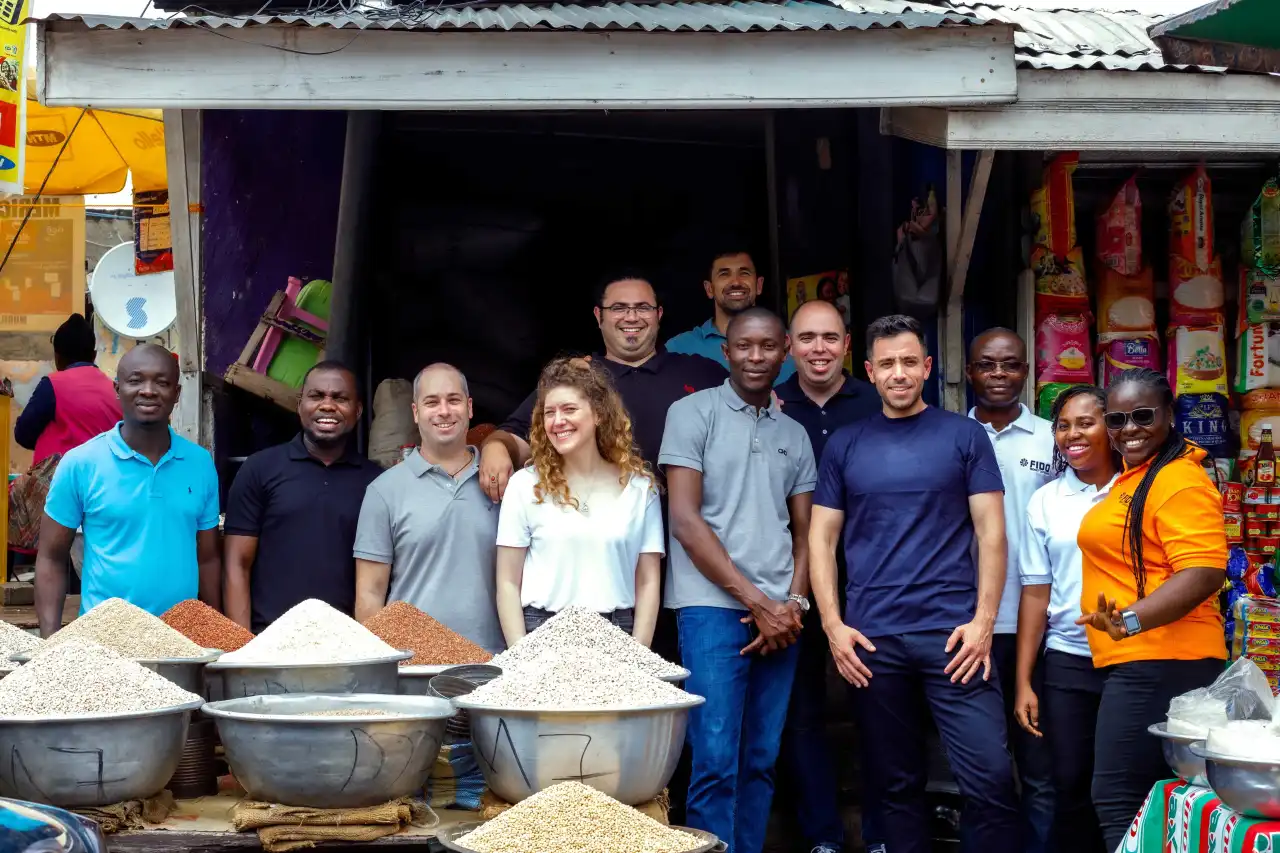In recent years, digital lending platforms have revolutionised how microenterprises and individuals access credit, providing a much-needed alternative to traditional banking institutions that often overlook their needs.
By offering a swift and easy way to secure loans, these platforms have bridged a significant financial gap for those who require financial assistance.
As a result, digital lending platforms have become a vital lifeline for millions of underbanked individuals, providing them with the financial support they need to grow their businesses, cover unexpected expenses, or make ends meet.
Read also: Nigerian fintech Grey teams up with dLocal for cross-border payments
With demand for these services continuing to grow, the digital lending platform market in the Middle East and Africa is poised to experience remarkable growth. It is projected to reach a projected value of $2 billion within the next five years, a staggering fourfold increase since 2021.
Fido empowers small businesses in sub-Saharan Africa
Ghanaian fintech Fido is poised to capitalise on this lucrative market opportunity as it ventures into new territories in East and Southern Africa, fueled by a recent $30 million Series B funding round.
This fresh capital injection comprises a $20 million equity investment from BlueOrchard, a global impact investment manager, and FMO, a Dutch development bank focused on entrepreneurial growth.
Fido, launched in 2015 by Nadav Topolski, Tomer Edry, and Nir Zepkowitz, initially offered mobile loans. Over time, it expanded its products to include savings, bill payments, and smartphone financing, diversifying its revenue streams.
Fido is part of many African fintechs, including Branch and Tala, using mobile tech and alternative data to offer instant micro-loans to individuals and small businesses locked out of traditional banking.
Unlike banks, which require collateral and lengthy processes, micro-lenders offer quick access to capital, albeit at a higher cost. Fido CEO Alon Eitan notes that small businesses, the drivers of economies, especially in sub-Saharan Africa, lack access to growth tools, making expensive micro-lenders an alternative.
How does Fido transform financial lives in Africa?
Fido CEO Alon Eitan says that in Sub-Saharan Africa, most people are unbanked or underbanked. For many, this is their first interaction with financial services.
They help them build a financial foundation, providing credit, insurance, savings, and more, transforming their financial lives.
Fido bundles every loan with embedded insurance and plans to expand coverage for business customers, introducing climate insurance for agricultural borrowers to mitigate extreme weather risks and tradesman insurance.
According to CEO Alon Eitan, Fido’s customers can access loans ranging from $20 to $500, while businesses receive higher amounts based on their needs, credit score, and enterprise type.
Loans are repayable within six months, with interest rates between 7% and 12%. Fido’s default rate is impressively low, below 4%, thanks to its robust credit scoring system.
Read also: SA fintech startup Omnisient secures $7.5M for global growth
How Fido’s AI Models Boost Loan Lifecycle Efficiency
Based on what Eitan said, Fido achieves industry-leading rates by leveraging AI models throughout the loan lifecycle, including acquisition models that score customers based on mobile device data and alternative data, as well as fraud and collection models.
Also, Fido has achieved a milestone of serving over one million customers, comprising 40% of small businesses, and has disbursed an impressive $500 million in loans across Ghana and Uganda.
Notably, in Uganda, where it launched in December, Fido has already catered to 50,000 customers. Fido aims to reach $1 billion in disbursements by early next year, using the new funds to expand and meaningfully impact more customers, building on four years of profitability.




